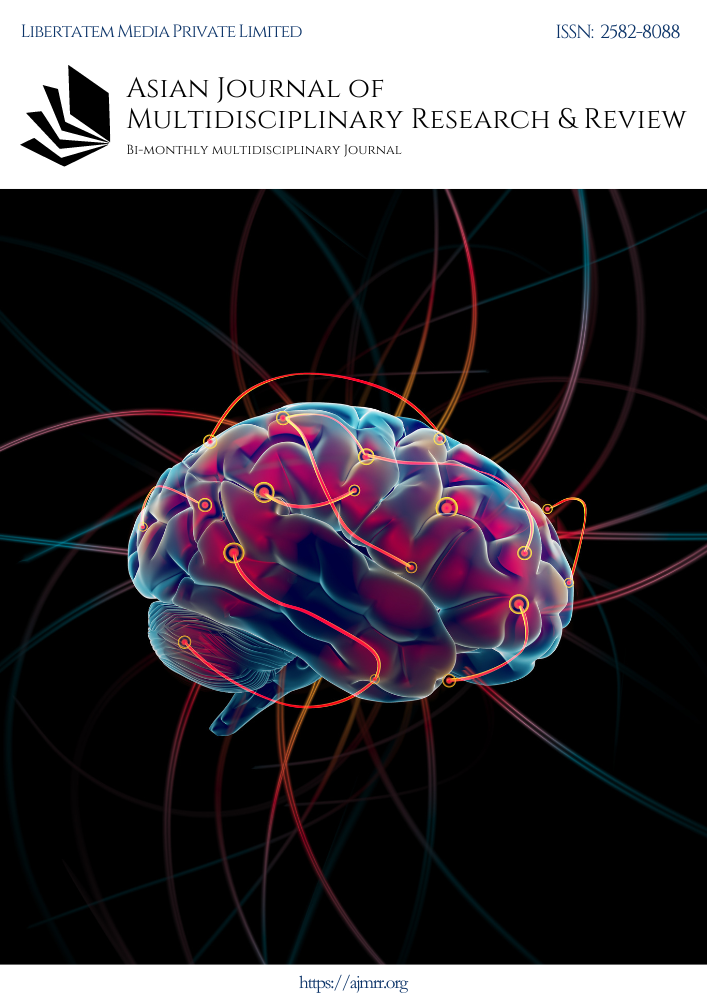PROFESSIONAL LEARNING COMMUNITIES (PLCs) IN SELECTED SECONDARY SCHOOLS: IMPLEMENTATION, CHALLENGES AND OPPORTUNITIES
Keywords:
Professional Learning Communities, CollaborationAbstract
This research study would like to determine the extent of implementation of professional learning communities (PLCs), the different challenges and opportunities experienced by teachers, and the strategies established by head teachers and principals in implementing PLCs to selected secondary schools under City Schools Division Office of Antipolo during the school year 2021-2022. This study utilized the qualitative and quantitative method of research in form of online survey questionnaire and interview as the data gathering instrument. The percentage, weighted mean and ANOVA were used as the statistical tools to treat the data. The respondents were composed of 192 teachers and 25 school heads / head teachers.
It was revealed that the extent of implementation of professional learning communities (PLCs) in the selected secondary schools is very high extent. The perceptions of the three groups of respondents on the implementation of PLCs are significantly different in terms of shared and supportive leadership, shared vision and values, supportive conditions, and shared personal practice. On the other hand, the only dimension of PLC implementation that showed no significant difference is the collective learning and application. Also, the implementation of PLCs and the participation of teachers to these activities manifested different challenges and opportunities on their part. The school heads and head teachers viewed PLCs as a good practice of enhancing and establishing the principle of shared leadership, shared responsibility, and shared accountability relative to learning outcomes and achievements. Moreover, it generally helps and supports teachers in improving their individual and professional knowledge, skills, and competencies.
Downloads
Downloads
Published
Issue
Section
License

This work is licensed under a Creative Commons Attribution-NonCommercial-ShareAlike 4.0 International License.
License Terms
Ownership and Licensing:
Authors of research papers submitted to the Asian Journal of Multidisciplinary Research & Review (AJMRR) retain the copyright of their work while granting the journal certain rights. Authors maintain ownership of the copyright and grant the journal a right of first publication. Simultaneously, authors agree to license their research papers under the Creative Commons Attribution-ShareAlike 4.0 International (CC BY-SA 4.0) License.
License Permissions:
Under the CC BY-SA 4.0 License, others are permitted to share and adapt the work, even for commercial purposes, as long as proper attribution is given to the authors and acknowledgment is made of the initial publication in the Asian Journal of Multidisciplinary Research & Review. This license allows for the broad dissemination and utilization of research papers.
Additional Distribution Arrangements:
Authors are free to enter into separate contractual arrangements for the non-exclusive distribution of the journal's published version of the work (e.g., posting it to institutional repositories or publishing it in books), provided they acknowledge the initial publication of the work in the Asian Journal of Multidisciplinary Research & Review.
Online Posting:
Authors are encouraged to share their work online (e.g., in institutional repositories or on personal websites) both prior to and during the submission process to the journal. This practice can lead to productive exchanges and greater citation of published work.
Responsibility and Liability:
Authors are responsible for ensuring that their research papers do not infringe upon the copyright, privacy, or other rights of any third party. The Asian Journal of Multidisciplinary Research & Review disclaims any liability or responsibility for any copyright infringement or violation of third-party rights in the research papers.



